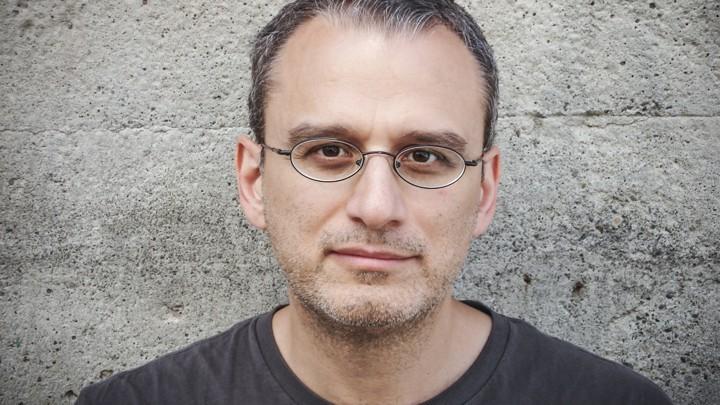Distinguished author delivers art focused lecture at GV

William Deresiewicz Courtesy / gvsu.edu
Oct 9, 2018
The Grand Valley State University Fall Arts Celebration hosts a wide array of events for anyone to attend. Attractions include art exhibitions, concerts and poetry readings. The most recent of these events was an engaging lecture from William Deresiewicz, PhD.
Deresiewicz is an accomplished author and essayist with a number of successful works under his name. His book “Excellent Sheep” has been highly regarded by critics, and his critical work and essays have appeared in publications such as “The New York Times” and “The Nation”. On Oct. 1, he delivered a lecture focused primarily on the issue of art in the 21st century, and how it has been effected by the advance of technologies such as computers and the internet.
The lecture titled “What is Art in the 21st Century” presented a number of facts and statistics on the status of film, music, writing and art in the 21st century, followed by Deresiewicz’s thoughts, solutions and analysis. One of the primary issues brought forth was the internet, specifically piracy and distribution and if it has supported or hindered modern artists in terms of exposure and payment.
“(Whether the internet has been good or bad) is a question I refuse to answer,” Deresiewicz said when asked about whether or not he saw the internet as a positive force for art. “Here’s what I would say… the internet is a very large collection of tools, and tools are value neutral – the issue is how we use the internet.”
Deresiewicz spent a considerable portion of the lecture speaking on how young artists are finding it increasingly difficult to make a living in artistic professions. Specifically, issues like monetization of content and the over-saturation of artists were discussed.
Deresiewicz presented a series of achievements that artists must obtain to become successful; building an audience, engaging them with something new and monetizing that most recent work. Still, he sees the sheer number of aspiring artists as the biggest hurdle for young people to climb. He claimed that the need to get “access to access” to a profession is one of the largest forces holding artists back. Regardless, he hopes that these lectures can give students a new drive.
“Do students make me hopeful? For me, the question is how I make them feel,” Deresiewicz said. “Younger people have always had hope, and sometimes they prove the older people wrong.”
Following the lecture was an open discussion, where Deresiewicz answered students’ questions on topics such as the ultimate solution to these issues and whether or not amateur art is viable as a profession. He shared some of his advice with students.
“(Pursue art) if you feel your life depends on it,” Deresiewicz said. “You need that kind of drive and commitment. If you do feel your life depends on it, you can’t help but do it.”

























